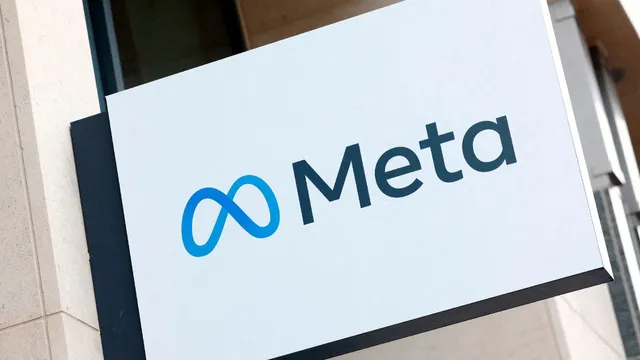- By Alex David
- Wed, 30 Jul 2025 11:18 PM (IST)
- Source:JND
Meta has unveiled their long-term AI strategy, focused not on automation or labour replacement but instead on personal superintelligence--an advanced AI designed to empower individuals in daily life. Mark Zuckerberg announced through public statements and social media posts from Meta that their vision for AI is that it becomes an embedded, context-aware tool used for personal growth, creativity, and real-time decision-making. As AI continues its rapid progress forward, Meta is leading this vision where intelligent tools serve individual goals rather than those of institutions.
What Is “Personal Superintelligence”?
According to Meta, personal superintelligence is an evolution of today’s AI assistants—but far more advanced and deeply personalised. The goal is to develop AI that:
- Understands users’ goals, preferences, and contexts in real time
- Supports meaningful relationships, creativity, and productivity
- Adapts continuously to the user’s environment and emotional state
Unlike traditional AI models built to optimise workflows or scale enterprise automation, Meta’s model aims to elevate individual capability through tailored support.
Mark Zuckerberg put it plainly in a recent Instagram post:
“We’re building personal superintelligence for everyone. Stay tuned.”
A Shift in How AI Is Framed
What Meta is proposing diverges from much of the broader tech industry. While many companies are chasing general-purpose automation—using AI to replace or streamline human labour—Meta is pitching a more human-centred approach. The company sees this moment in AI development as similar to the Industrial Revolution: a time when people were liberated from subsistence labour and gained more time to pursue art, science, innovation, and community.
Their argument is simple: progress doesn’t come from centralised systems replacing people—it comes when people are empowered to chase their ambitions.
The Role of Wearable AI Devices
A major part of this strategy involves AI-powered wearables, particularly augmented reality (AR) glasses. Meta believes these devices will eventually become primary computing platforms, offering constant interaction with AI that can:
- Interpret surroundings using real-time computer vision
- Remind employees about current events by giving timely suggestions and reminders based on situational awareness.
- Respond with contextual sensitivity—knowing not just what you ask, but why
Think of it as an always-on assistant, embedded into your daily life, not just a chatbot you open when needed.
Acknowledging the Risks
Meta recognises the darker sides of building superintelligent systems. The company emphasised safety, transparency, and responsible development as central concerns. While Meta has traditionally advocated open sourcing its AI models, it now says some systems that can self-improve or influence real-world decisions at scale should not be released freely for public release.
This decision by Microsoft mirrors an emerging debate across AI: how to balance openness with responsibility.
Final Thoughts: Empowerment Over Automation
Meta’s vision for personal superintelligence is striking, as it is centred around the user and features a deep philosophical element. Rather than encouraging the adoption of AI technology that replaces human work, Meta envisions a future in which each individual is provided with their potent AI companion—functioning more as a co-pilot than a tool. If Meta succeeds, it could transform our understanding of computing, interaction, and personal development in the era of advanced intelligent systems. In any event, this indicates a definitive change in the direction the next chapter of AI development will take.

